Researchers design a photo-electrochemical reactor to produce affordable “green” hydrogen.
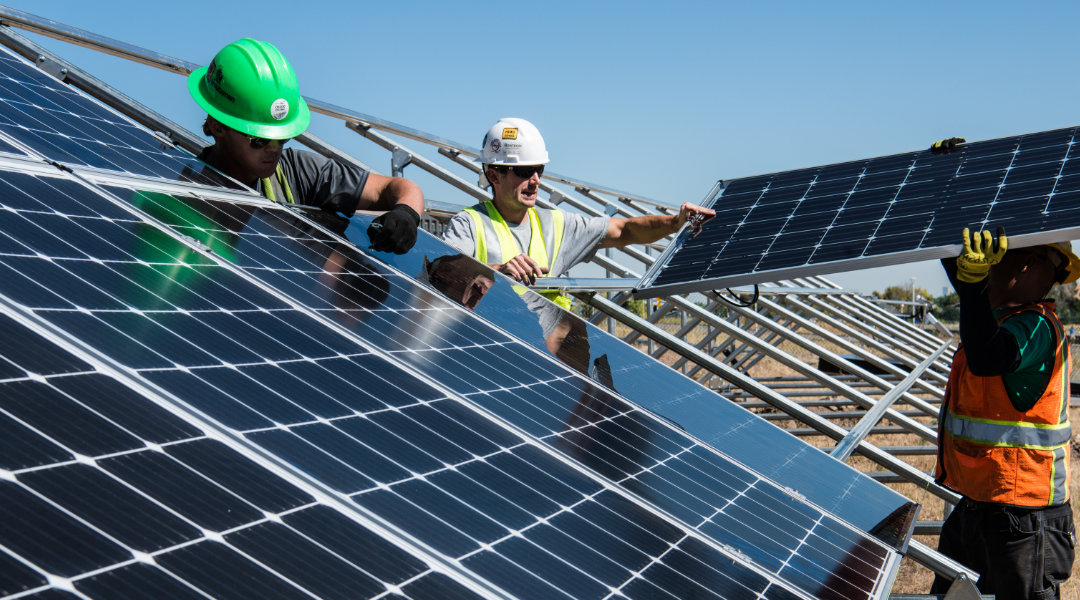

Researchers design a photo-electrochemical reactor to produce affordable “green” hydrogen.

Hydrogen is a promising sustainable energy source, and exciting steps are being made towards realizing a hydrogen-powered, zero emissions infrastructure.
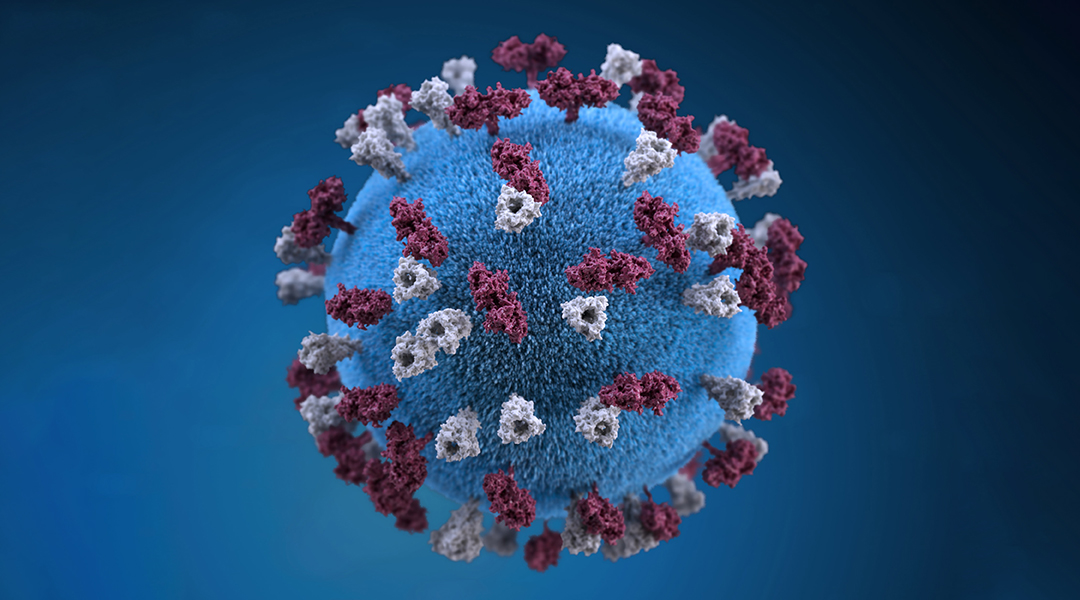
RNA-related processes that are key to the biology of the cell are at risk during coronavirus infections.

Researchers explore an alternative, green supercapacitor concept that relies on seawater and carbon fibers derived from waste cotton.
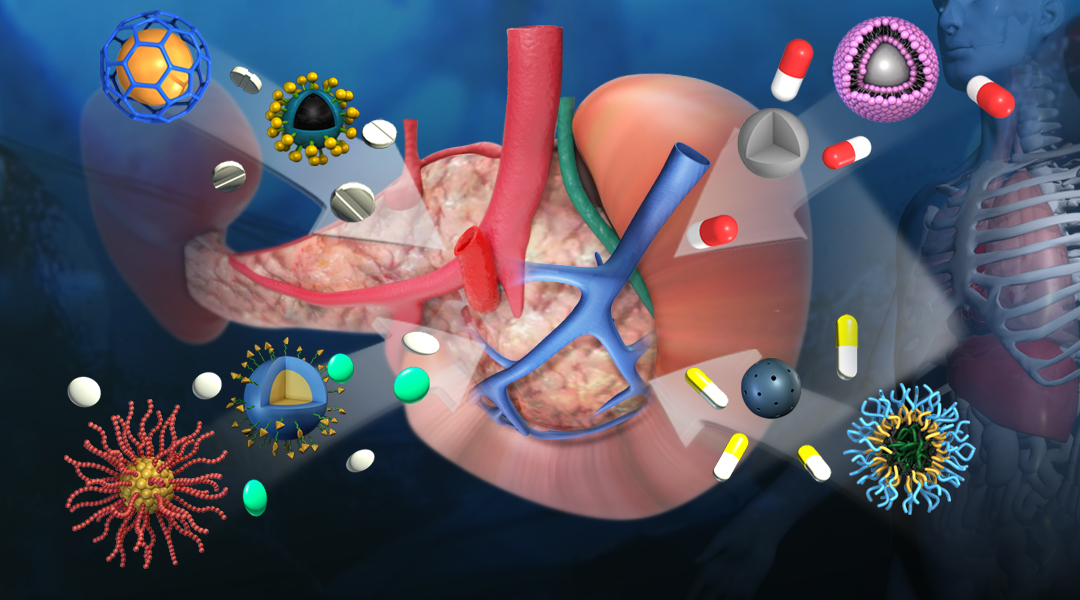
Nanotechnology is poised to revolutionize the diagnosis and treatment of patients with type 1 diabetes.

RNA plays a fundamental role in our health and biology, and advancements in imaging techniques are expanding our understanding of its life cycle.

A new soft microrobot harnesses electromagnetic and thermal energy at the nanoscale to self-assemble from colloidal nanomachines.
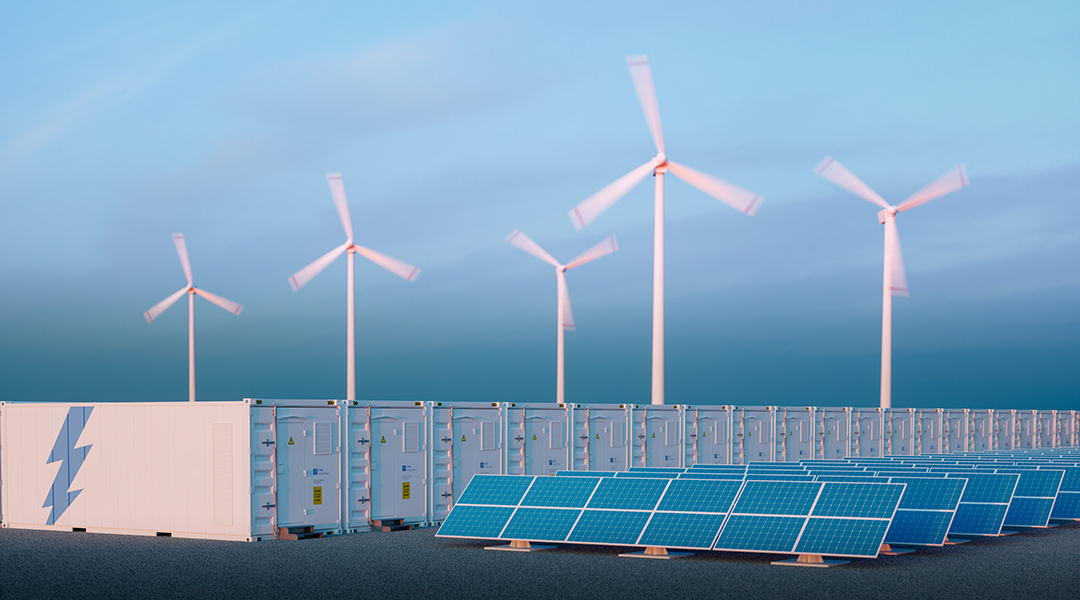
Liquid metal batteries, in which both electrodes as well as the electrolyte are in liquid form, are a promising development in energy storage technologies.
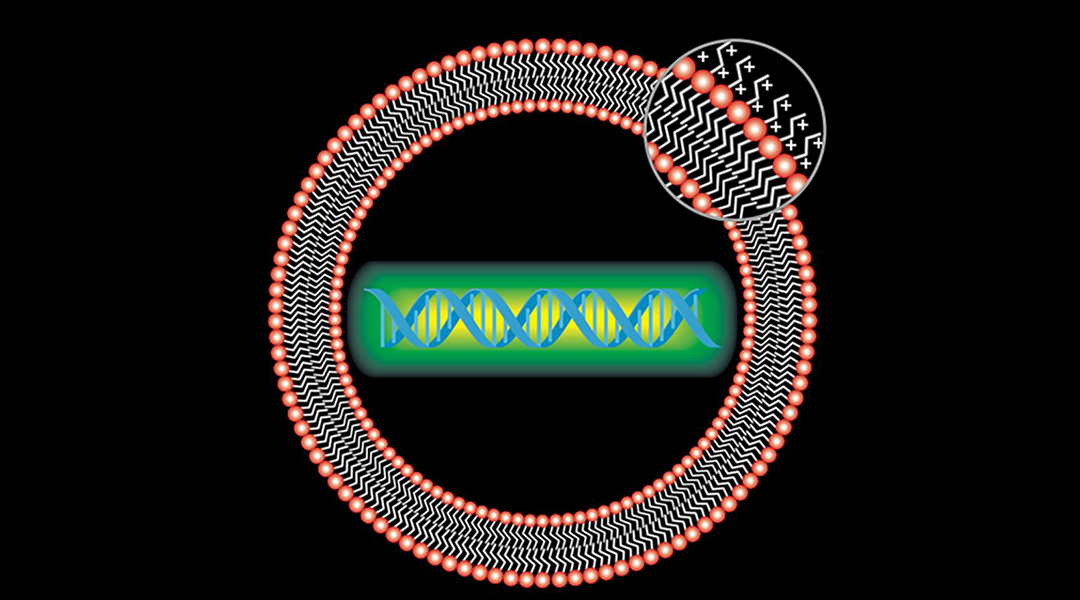
Lipitoids, which self-assemble with DNA and RNA, could serve as cellular delivery systems for antiviral therapies that prevent COVID-19 and other coronavirus infections.

A new study explores how metal nanoparticles designed for new X-ray imaging technologies can improve the diagnosis of diseases, as well as understand the underlying cellular processes.